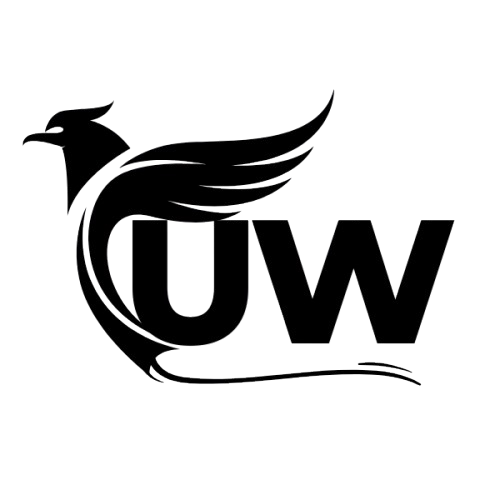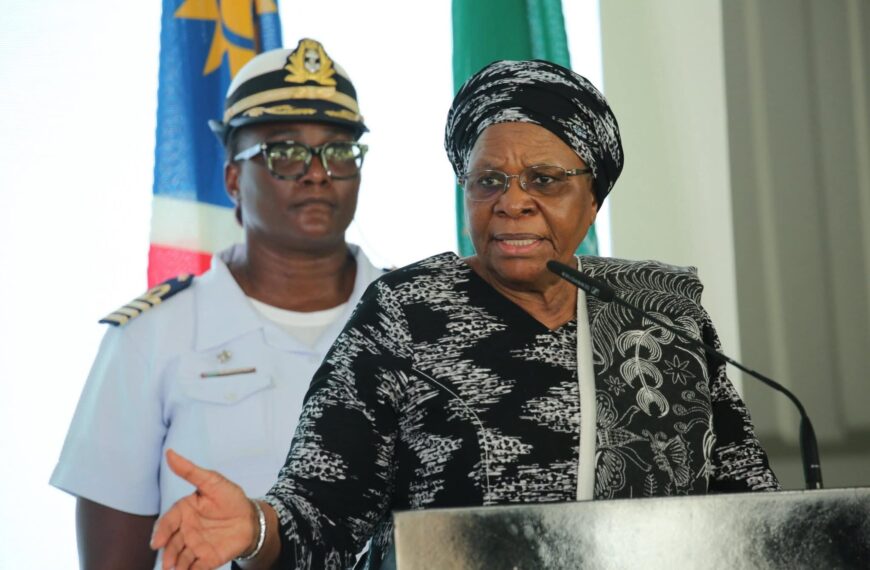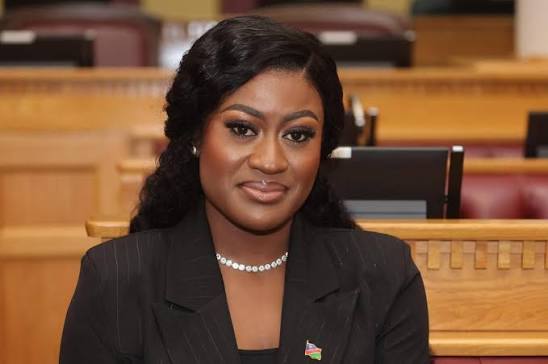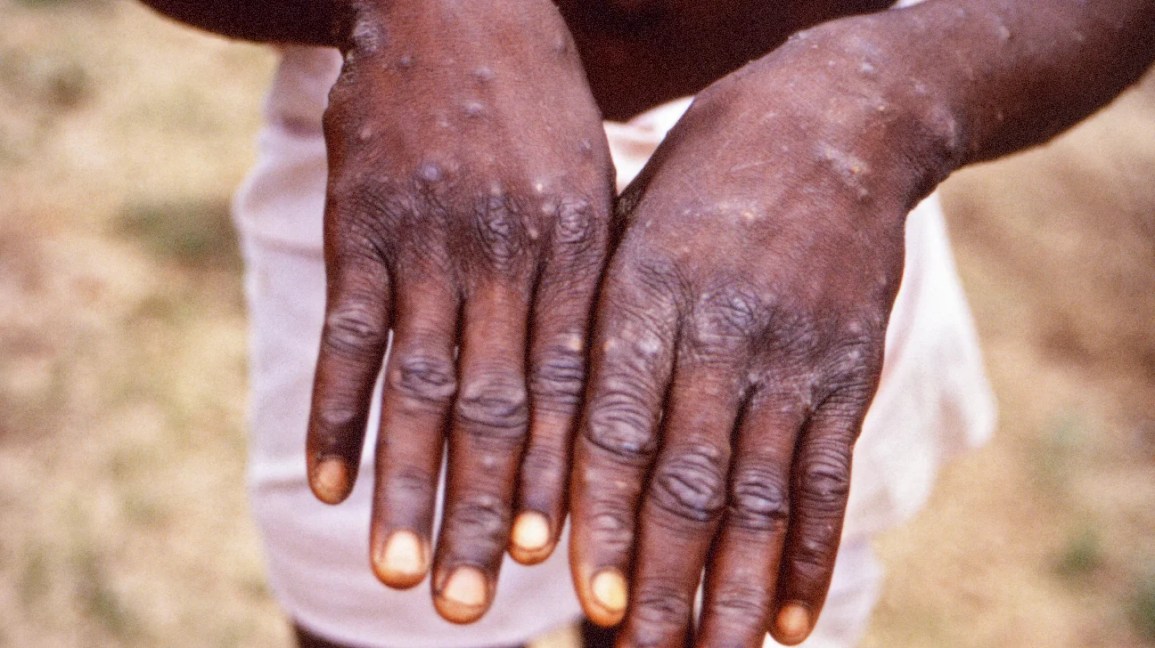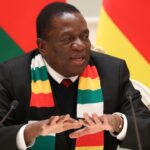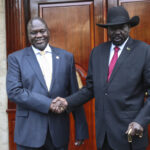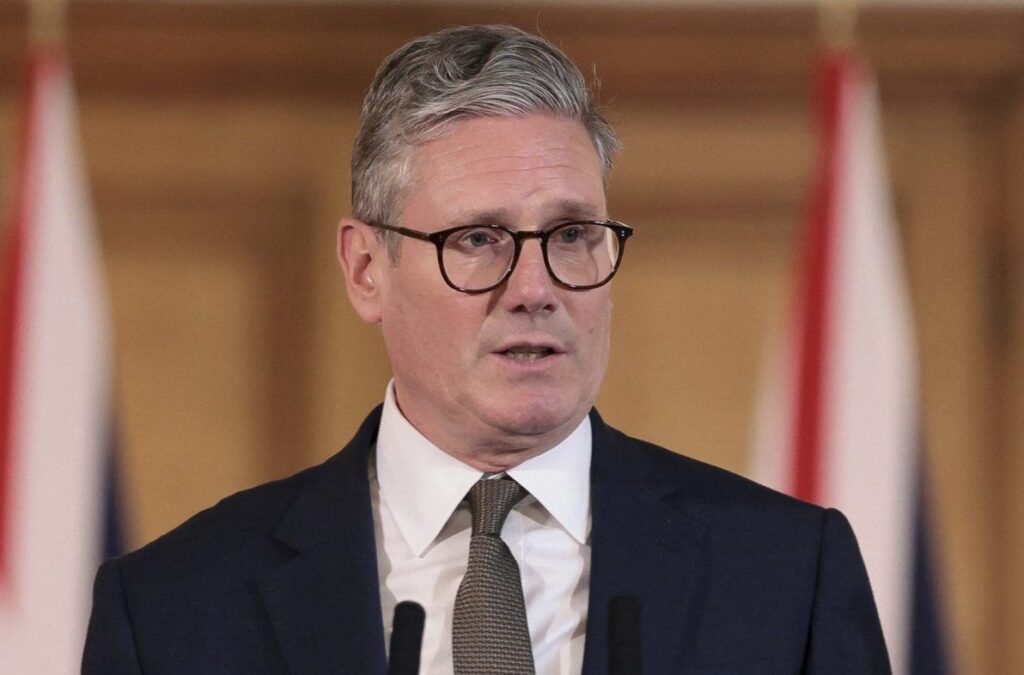
Canada has taken the lead as the first G7 country to formally recognise the State of Palestine, a decision quickly matched by Australia and the United Kingdom in what is being described as a coordinated diplomatic shift. The announcements signal renewed international pressure to revive the stalled two-state solution.
British Prime Minister Keir Starmer confirmed the UK’s position in a video address, calling the move essential to “revive the hope of peace” between Israelis and Palestinians. He emphasised that recognition was not intended as a concession to Hamas, stating the group “can have no role in Palestine’s future.” Starmer also appealed for the release of hostages in Gaza and urged Israel to ease border restrictions to allow more humanitarian aid to flow into the territory.
The UK’s stance was reinforced earlier by Foreign Secretary David Lammy, who argued that “now is the time to stand up for a two-state solution.” His remarks came just moments before Canada’s official declaration, with Australia following shortly after.
Israel has strongly opposed the move. Prime Minister Benjamin Netanyahu warned that recognising Palestinian statehood “rewards Hamas terror” and could undermine hostage negotiations. Families of captives still held in Gaza voiced similar concerns in an open letter to the British government, saying recognition risks complicating efforts to bring their relatives home.
Meanwhile, fighting continues on the ground. The Israel Defense Forces reported ongoing operations in Gaza City and confirmed the interception of two rockets fired from the northern Strip.
The recognition by Canada, Australia, and the UK is being viewed as a significant turning point, with the potential to reshape diplomatic discussions over the conflict. Whether this step advances peace or deepens divisions remains a key question for the international community.

